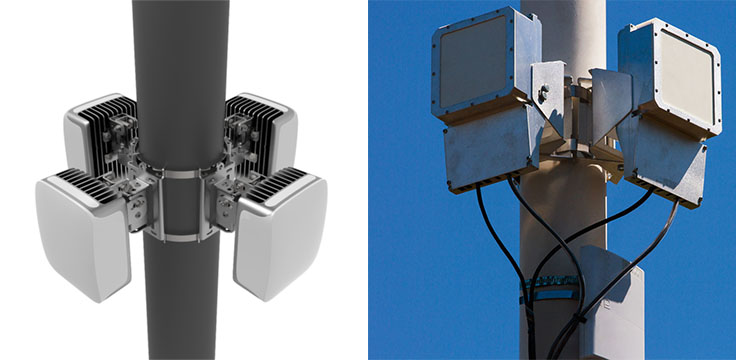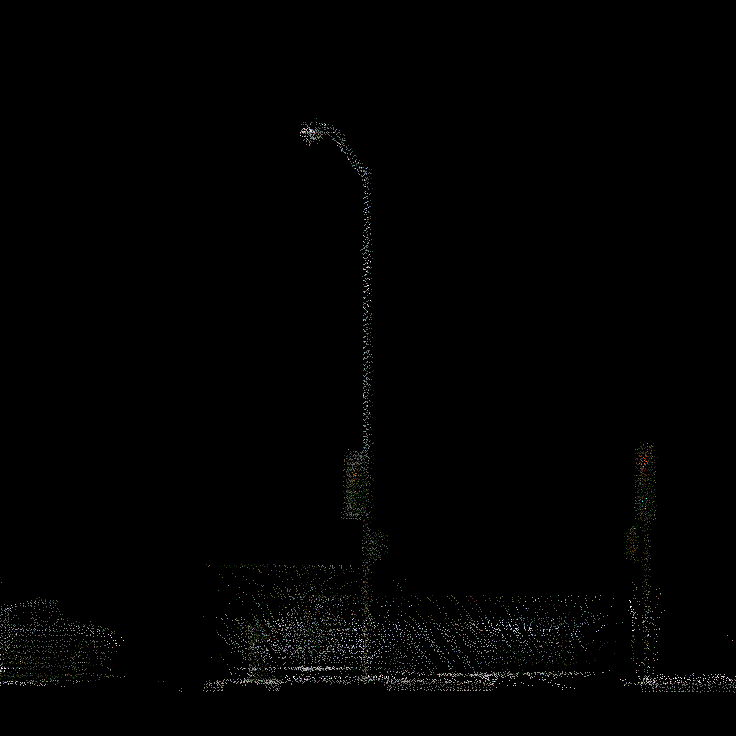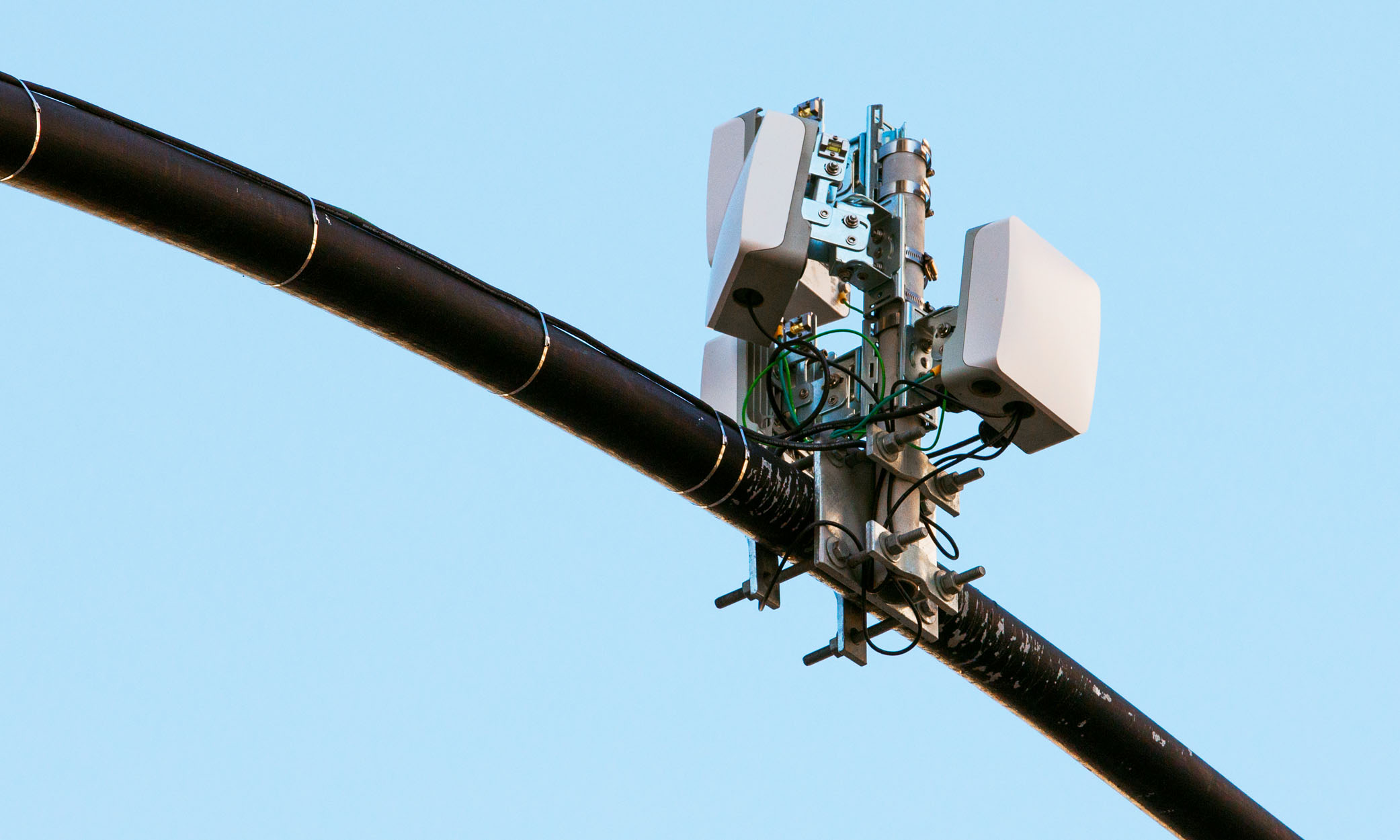Connectivity is at the heart of Facebook’s mission to bring the world closer together. High-quality internet access enables richer communications and creates new opportunities to share knowledge and strengthen communities and economies.
No single organization can connect the world alone. Today at Mobile World Congress, Facebook is announcing a number of new initiatives with partners to upgrade existing networks for the future, build new networks in under-connected regions, and leverage new technologies, tools, and programs to bring more people online.
These initiatives include partnerships to support Terragraph, a millimeter-wave, multi-node wireless backhaul system optimized to bring high-speed internet connectivity to dense urban areas. We also are announcing new partner trials for OpenCellular, a low-power base station optimized for rural and traditionally underdeveloped regions of the world, among other announcements.

In addition, the Telecom Infra Project (TIP) — launched two years ago by Facebook and a number of industry partners to collaborate on new technologies to accelerate the pace of innovation in network infrastructure and to bring more people online — has grown to more than 500 companies and also is announcing new progress from project groups.
Over the past year, we’ve seen encouraging gains in connectivity worldwide. The newest edition of our Inclusive Internet Index, being released today by the Economist Intelligence Unit, finds that internet access grew by 8.3 percent over the past year. Yet with billions of people still not online worldwide, there is much more to do. Facebook remains committed to working closely with the telecommunications ecosystem to help connect the 3.8 billion people who are not yet online and improve the experiences of those already connected.
Upgrading existing networks for the future
Facebook has completed the initial engineering validation of our Terragraph technology, and we are excited to enter the next phase of development by learning with partners in the field.
Today, we are announcing that Terragraph will be deployed into field trials in two locations serving customer traffic. Deutsche Telekom is actively evaluating millimeter-wave technology use across Europe. Magyar Telekom, the largest Hungarian telecommunications company and a subsidiary of Deutsche Telekom, is planning to deploy a Terragraph field trial in the Budapest area. We are also partnering with Telenor to conduct a Terragraph production field trial in Kuala Lumpur.
Together with Deutsche Telekom, we’ve contributed some of our Terragraph learnings around cost-economics modeling, network planning, technical validation, and deployment best practices through the TIP mmWave Networks project group.
We are excited to partner with the technology ecosystem to develop interoperable commercial solutions based on Terragraph. Nokia is announcing gigabit broadband trials that will combine its Wireless PON with Terragraph’s TDMA scheduling capabilities to launch Terragraph-certified solutions. In addition, we collaborated with both Intel and Radwin to deliver a reference design for Terragraph-certified 60 GHz solutions for service providers based on the Intel architecture.

We’re also building new tools to support faster deployments of future millimeter-wave technologies, including but not limited to Terragraph. Technologies utilizing millimeter-wave frequencies require precise line-of-sight planning to avoid interference. To address these challenges, we are leveraging computer vision and network optimization models to identify which street furniture — city infrastructure such as traffic lights and stop signs — can be used to deploy these new networks.
Building networks in under-connected regions
Last year, we announced a partnership with Telefonica to extend mobile coverage in rural areas of Peru using new technologies and a new operating model. Today, Facebook and Telefonica announced the completion of initial deployments of high-speed mobile internet to tens of thousands of Peruvians across the highlands and in the Amazonian rainforest, as well as our commitment to expanding this rural connectivity collaboration into more countries in Latin America.
Recently, the team began testing the ability to stretch the capabilities of existing technologies to connect remote communities in Peru with 3G and 4G wireless based on general-purpose processing platforms. Telefonica also plans to test Facebook’s OpenCellular LTE RAN platform. Facebook and Telefonica today announced our commitment to expand this collaboration beyond Peru, with a focus on rural and semi-urban connectivity.
Our new operating model takes an open approach to network deployment by empowering rural mobile infrastructure operators, local entrepreneurs, and communities to collaborate in delivering high-quality connectivity efficiently and sustainably. Our work with Telefonica in Peru provided invaluable insights into the importance of complementary connectivity policies, especially for rural areas, and today, we published a joint policy paper with Telefonica, New Approach to Rural Connectivity: The Case for Peru that discusses ways policies can help improve connectivity.
We are also announcing that we plan to launch an initiative with Orange to focus on connecting the unconnected and improving connectivity for this group in Africa by concentrating on using new tech and approaches for better access and backhaul networks. We look forward to collaborating with Orange to make progress in bringing more people online.
New technologies, tools, and programs to bring more people online
We are also trialing technologies that were built to address some of the challenges associated with deployments in traditionally difficult-to-connect regions. Today, we are announcing a joint trial with BT, Nokia, and Cavium to demonstrate interoperability between the OpenCellular platform and the Nokia community hosted network, enabling cloud-based remote auto-connection, configuration and monitoring of the Open Cellular base station. This solution will initially be trialed in remote rural communities in the Highlands and Islands of Scotland.
Separately, Vodacom announced a trial of OpenCellular in Africa, and Telenor announced it will be conducting an OpenCellular trial in Pakistan.
In addition, to accelerate network deployments, we are building better tools and technologies. For example, we are helping operators accurately gauge where demand for connectivity exists through machine learning–optimized population density maps to identify human-built structures from satellite imagery. Facebook is also leveraging data science methods to help optimize backhaul and access connectivity routes to connect the maximum number of people in an economically sustainable way.
Finally, Facebook is collaborating on additional efforts to expand connectivity, including partnerships focused on backhaul infrastructure and more than 10 Express Wi-Fi partners and 85 Free Basics partners worldwide. In addition, we are working with partners in unconnected and under-connected regions to explore new business models and technologies for deployments, share learnings and best practices from these deployments, and create data science tools to supplement existing network planning methodologies.
By working together as a community, we believe we can help operators build more robust and flexible networks necessary to meet new technology challenges and unlock new ways of connecting people.










